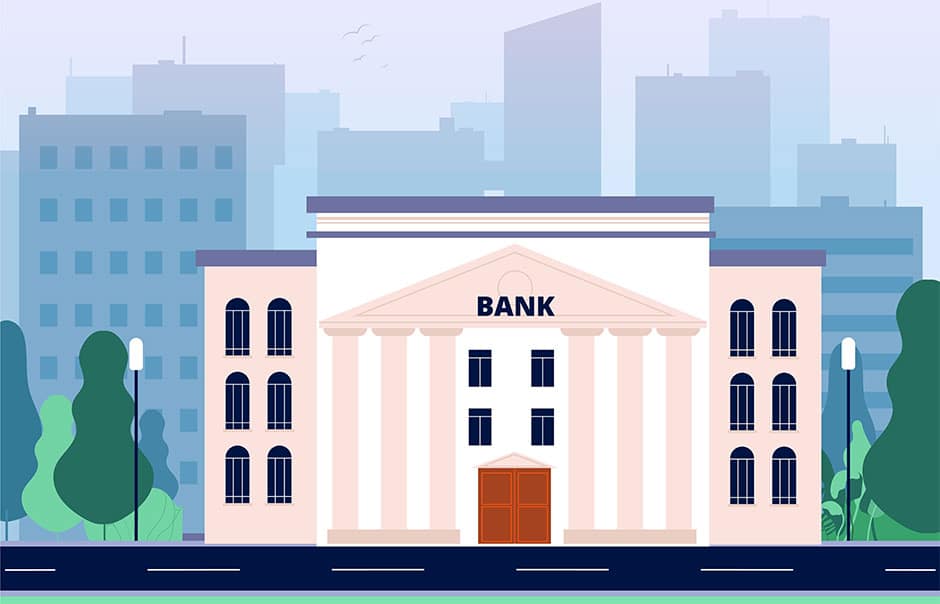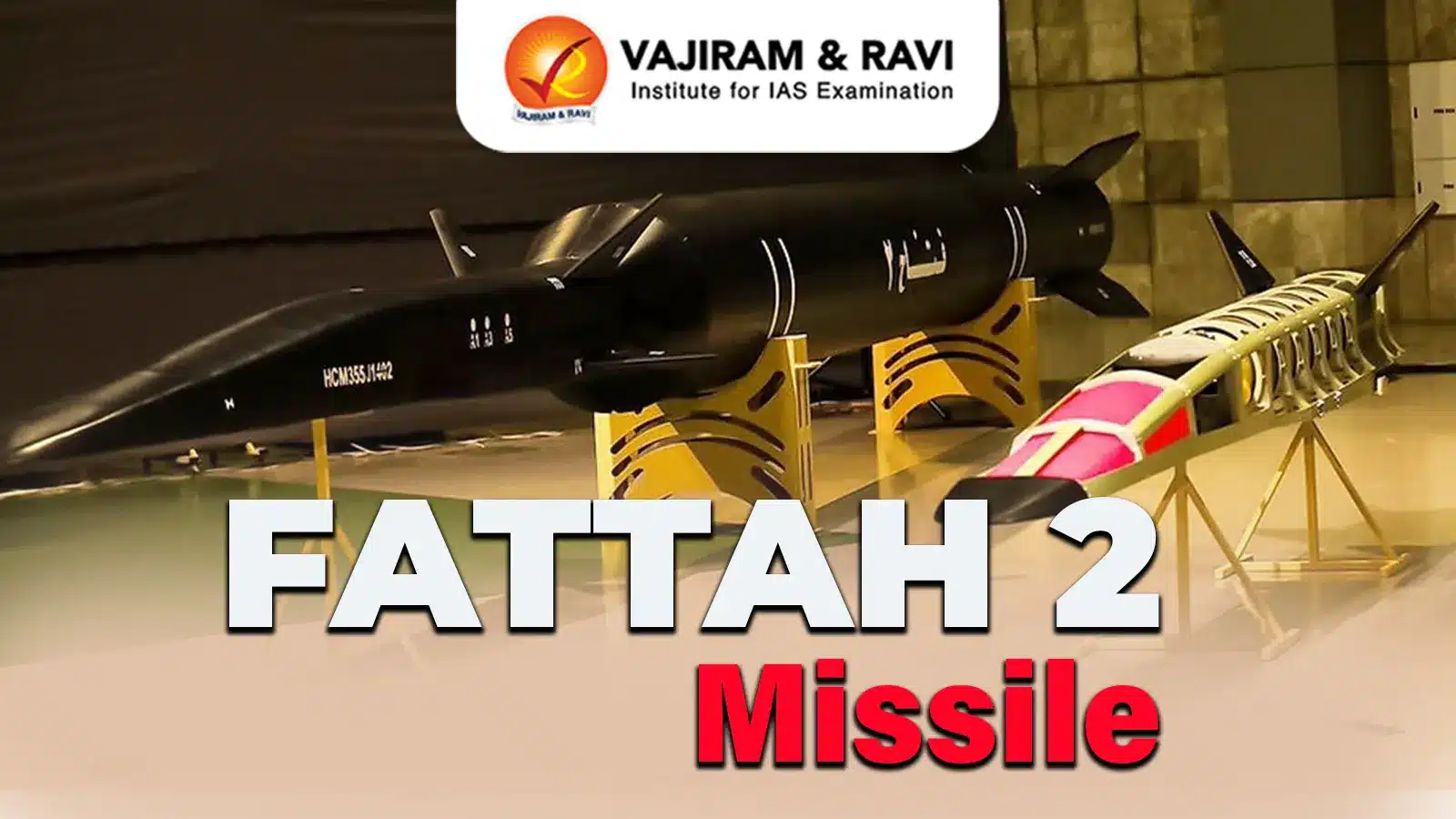About District Central Co-operative Banks (DCCBs)
- A DCCB is a rural cooperative bank operating at the district level in various parts of India.
- It is established to provide banking to the rural hinterland for the agricultural sector, with the branches primarily established in rural and semi-urban areas.
- DCCB provides finance to all the co-operative societies in the district, and conduct the activities and provide banking services according to the provisions of the co-operative act and banking act.
- They act as a link between the primary credit co-operative society and the State Co-operative Bank.
- At the district level, DCCB works as a banker of state government. Educational institutions, Zilla Parishad, Panchayat Samiti, Gram Panchayat, cooperative societies, etc have accounts in this bank.
- All the financial transactions of co-operative sector are conducted through DCCB.
- DCCBs have three sources of funds:
- Their own share capital and reserves
- Deposits from the public and
- Loans from the state co-operative banks
- The main functions of the DCCBs are
- To meet the credit requirements of member-societies
- To perform banking business
- To act as a balancing centre for the Primary Agricultural Credit Societies (PACS) by diverting the surplus funds of some societies to those which face shortages of funds
- To undertake non-credit activities
- To maintain close and continuous contact with PACS and provide leadership and guidance to them
- To supervise and inspect the PACS and
- To provide a safe place for the investment of the resources of PACs
- They also lend directly to the public for non-agricultural purposes within the area of operation of their branches.
Q1) What are Primary Agricultural Credit Societies (PACS)?
Primary Agricultural Credit Societies are the grass root level arms of the short-term co-operative credit structure. PACS deals directly with the rural (agricultural) borrowers, give those loans and collect repayments of loans given and also undertake distribution and marketing functions. They occupy a predominant position in the co-operative credit structure and form its base. It serves as the final link between the ultimate borrowers on the one hand and the higher financing agencies, namely the Scheduled Commercial Banks, and the RBI/NABARD on the other hand.
Last updated on June, 2025
→ UPSC Notification 2025 was released on 22nd January 2025.
→ UPSC Prelims Result 2025 is out now for the CSE held on 25 May 2025.
→ UPSC Prelims Question Paper 2025 and Unofficial Prelims Answer Key 2025 are available now.
→ UPSC Calendar 2026 is released on 15th May, 2025.
→ The UPSC Vacancy 2025 were released 1129, out of which 979 were for UPSC CSE and remaining 150 are for UPSC IFoS.
→ UPSC Mains 2025 will be conducted on 22nd August 2025.
→ UPSC Prelims 2026 will be conducted on 24th May, 2026 & UPSC Mains 2026 will be conducted on 21st August 2026.
→ The UPSC Selection Process is of 3 stages-Prelims, Mains and Interview.
→ UPSC Result 2024 is released with latest UPSC Marksheet 2024. Check Now!
→ UPSC Toppers List 2024 is released now. Shakti Dubey is UPSC AIR 1 2024 Topper.
→ Also check Best IAS Coaching in Delhi
























